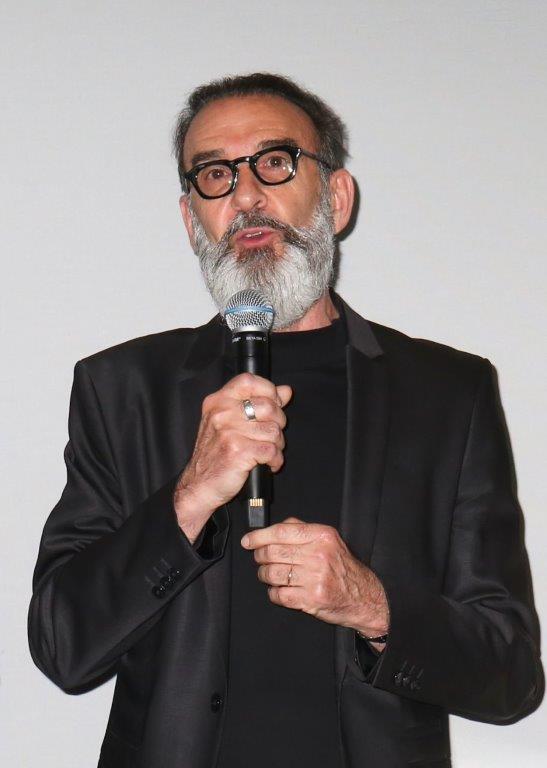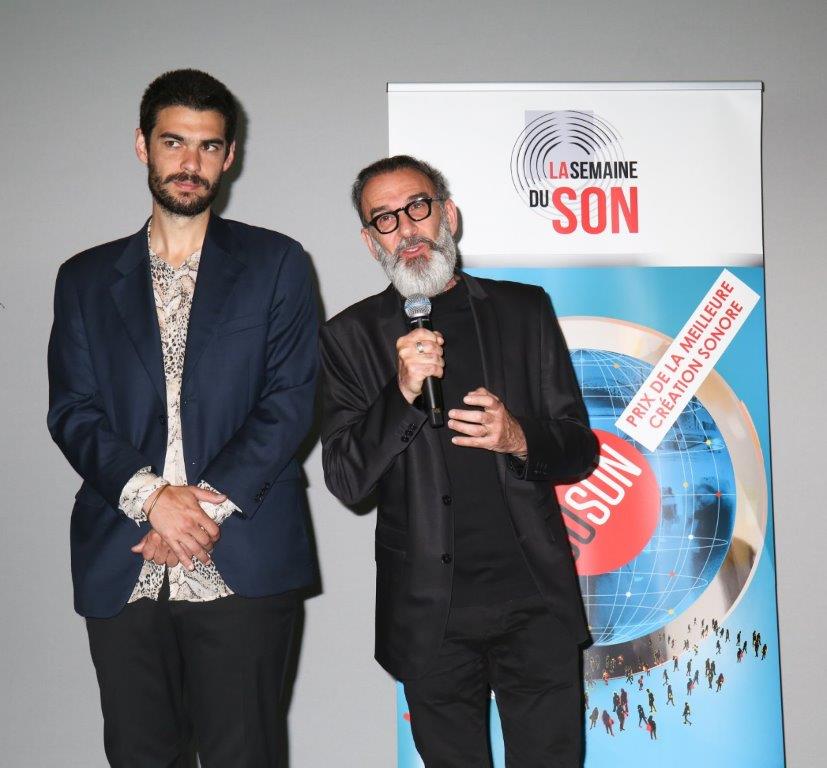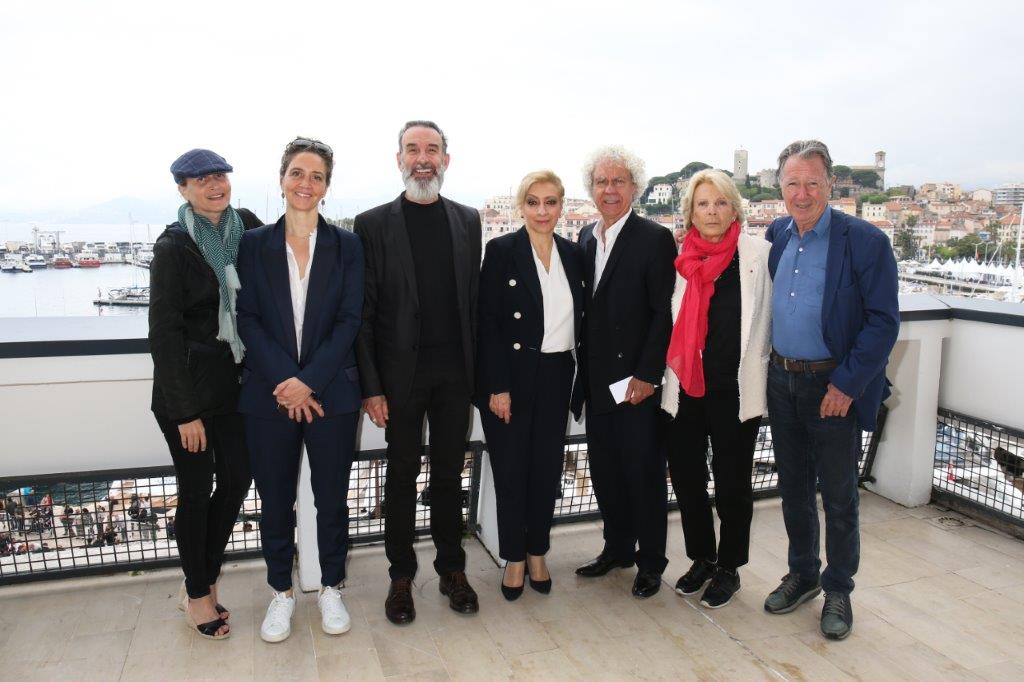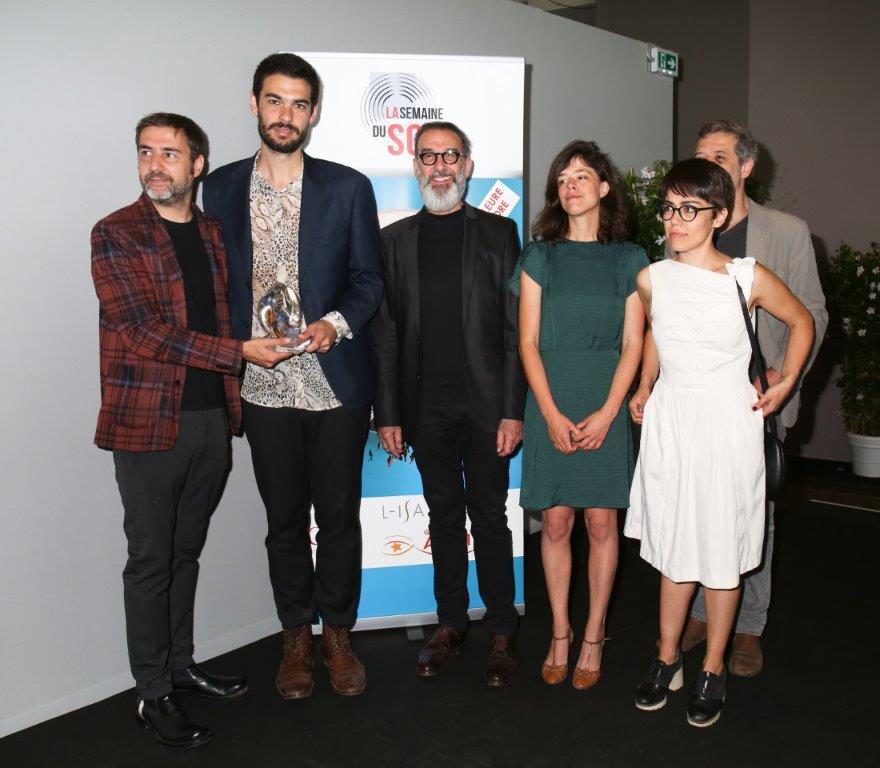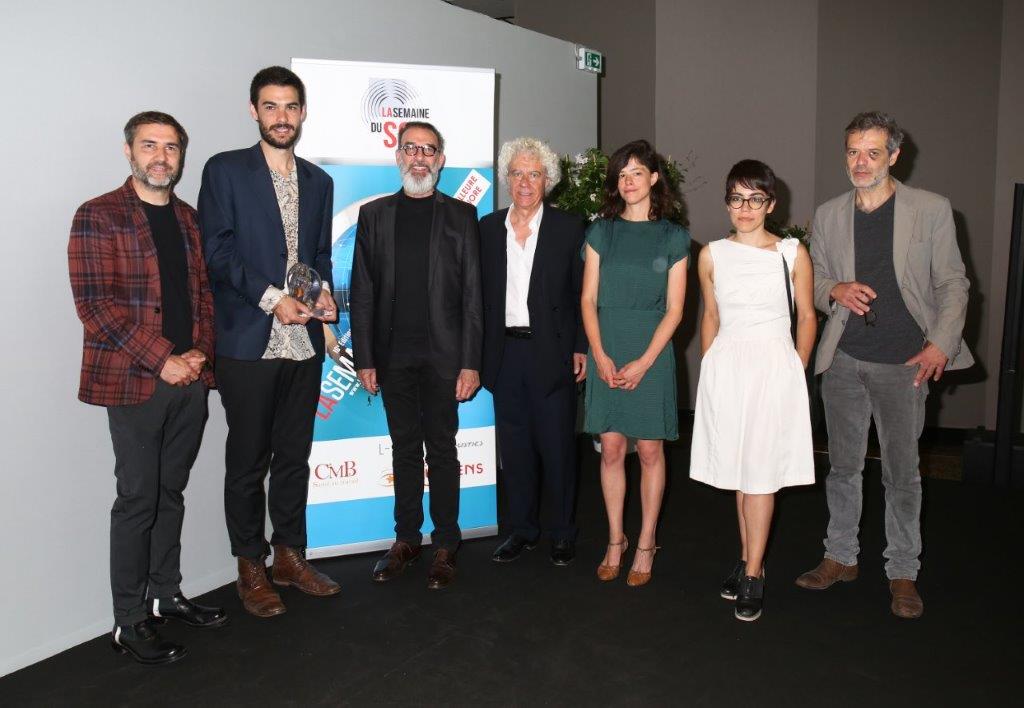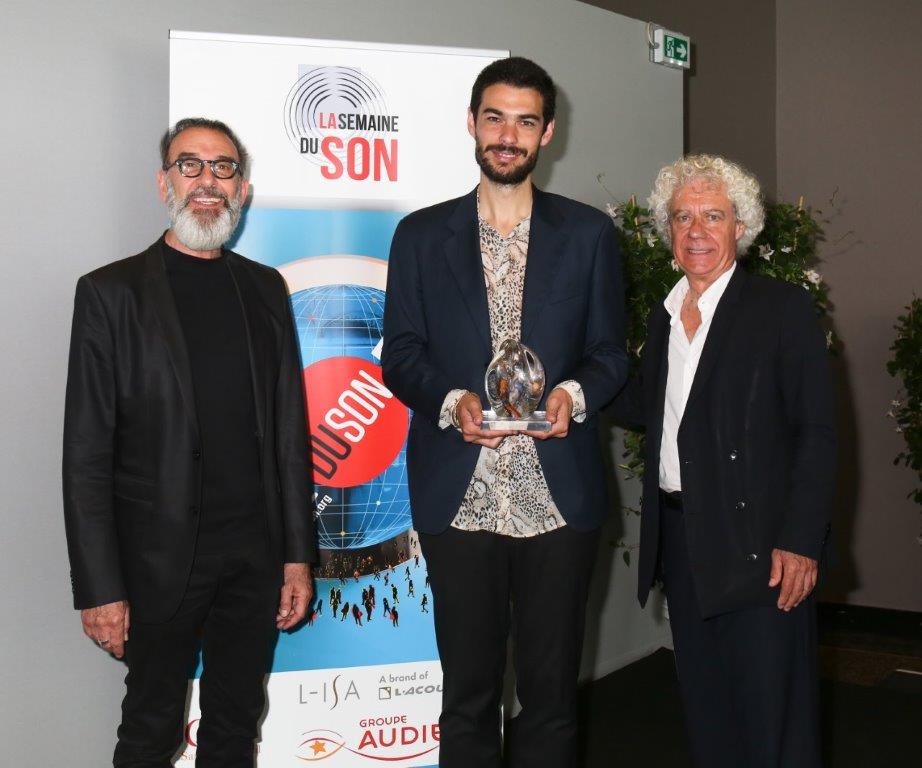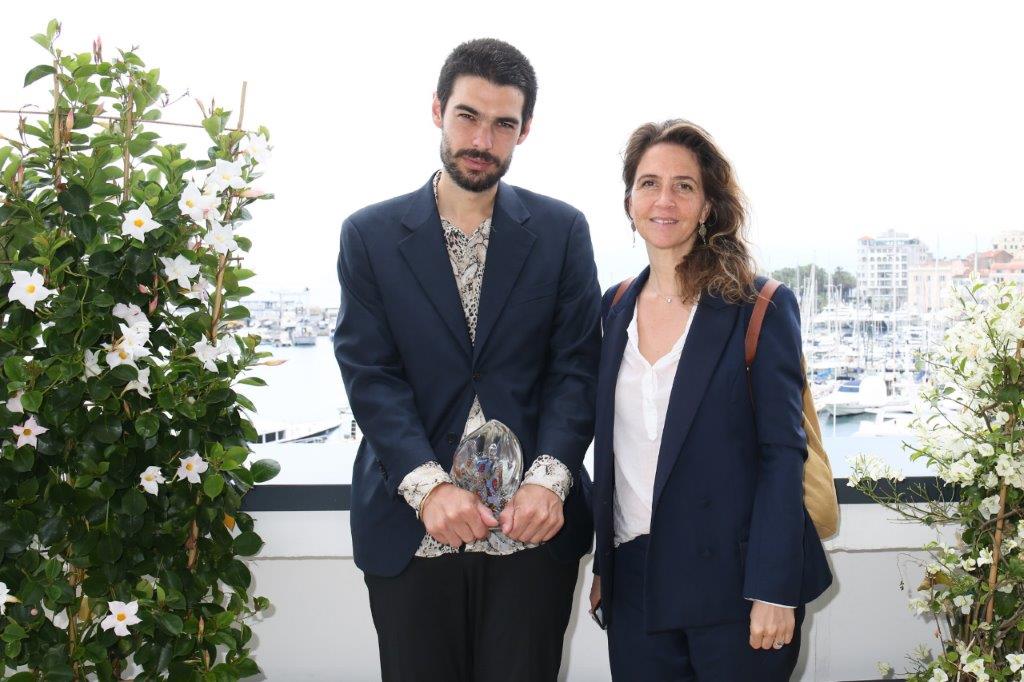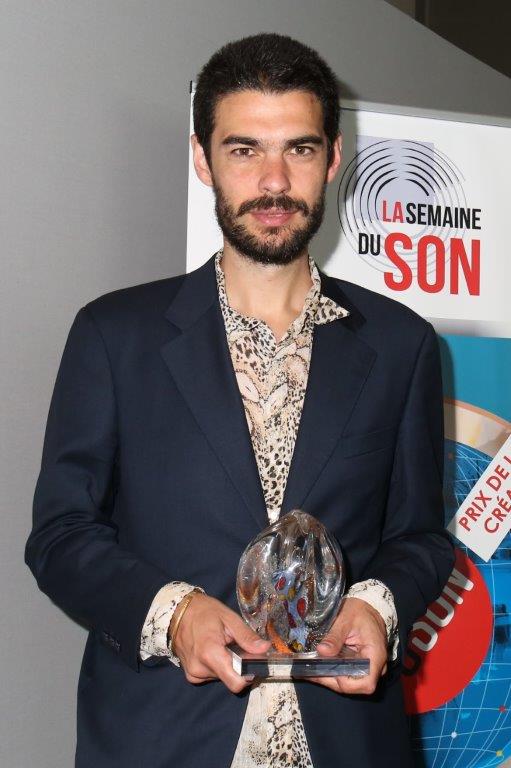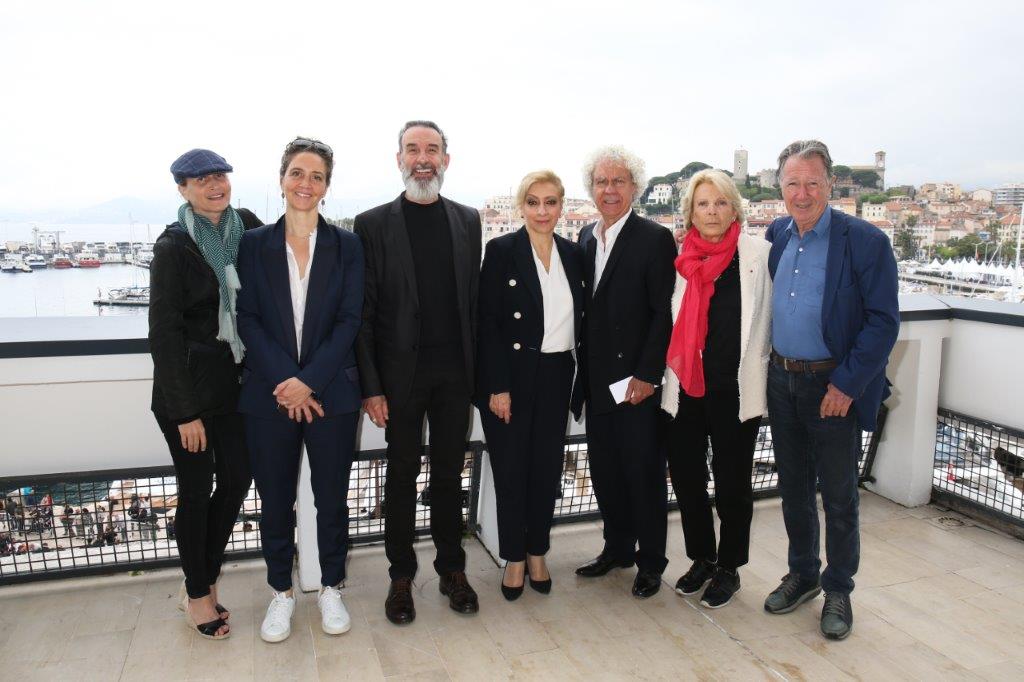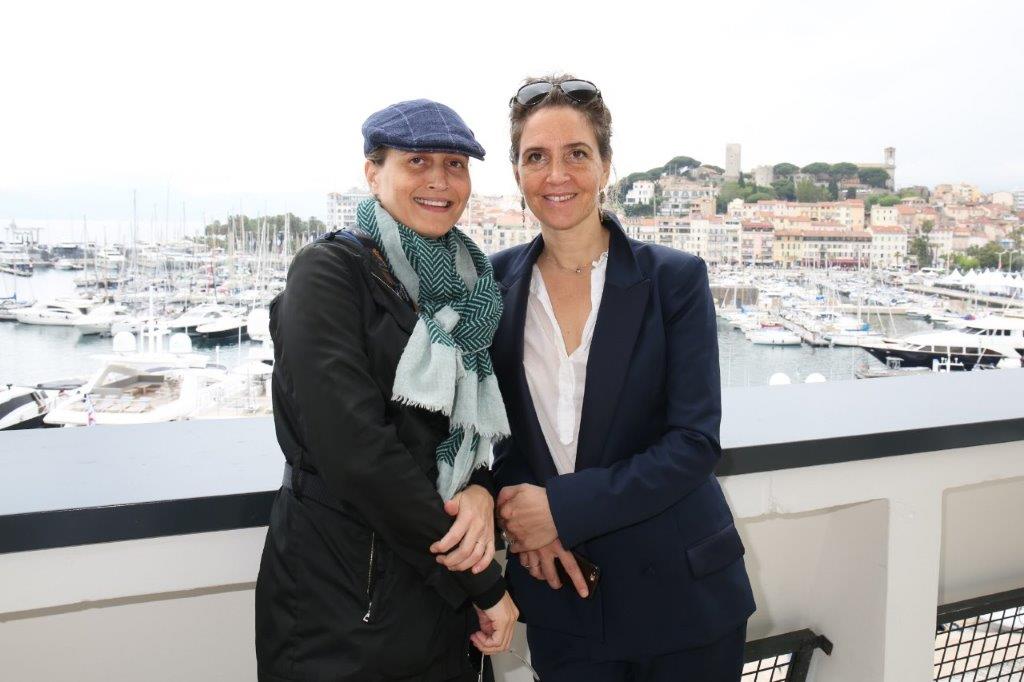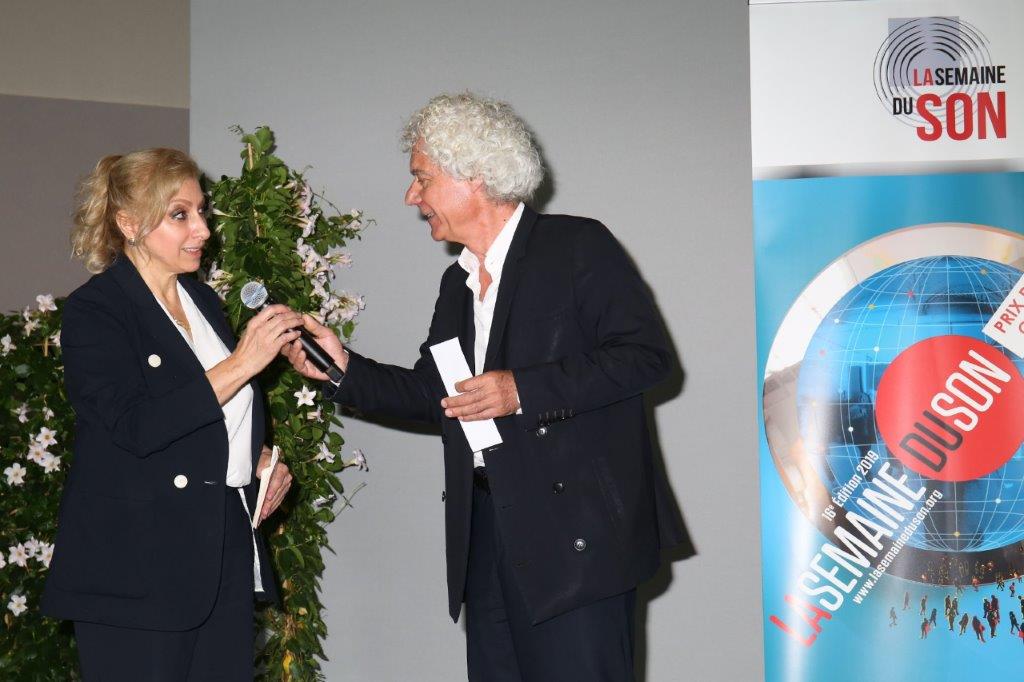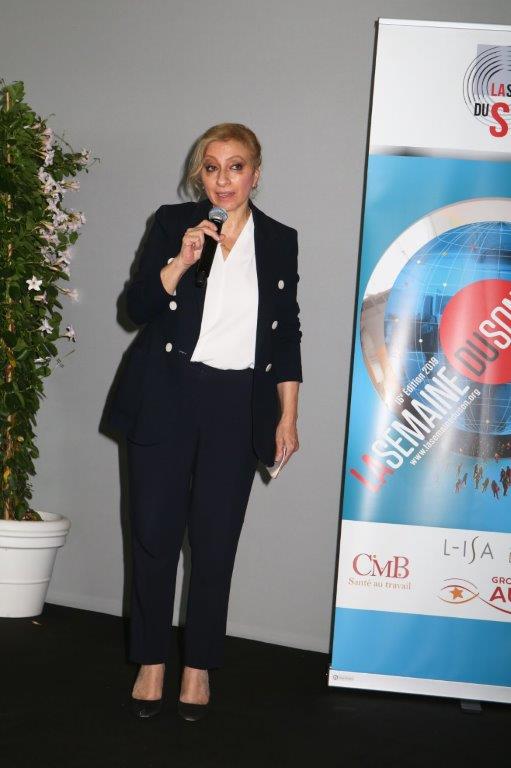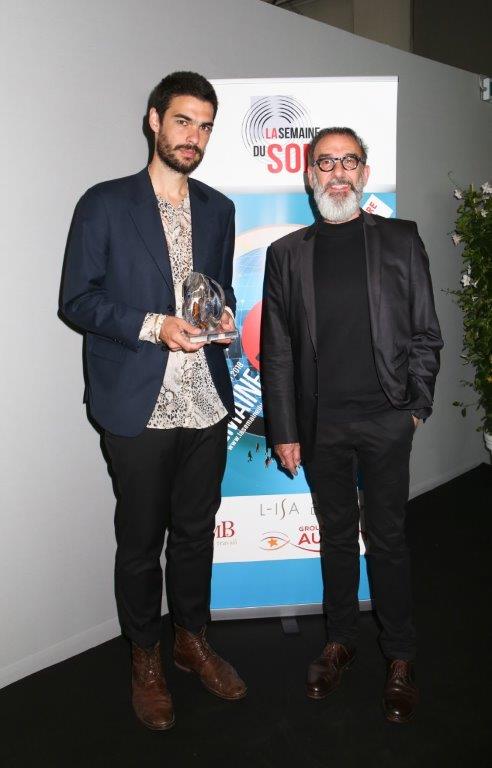Robin RENUCCI is a French actor and director, who heads the Centre Dramatique National Les Tréteaux de France.
A theater enthusiast from childhood, Robin Renucci attended the Conservatoire National Supérieur d’Art Dramatique before making his screen debut in 1981 as Ralph in Michel Deville’s Eaux Profonds.
He then played in Invitation au voyage, followed by Fort Saganne.
In 1985, his performance in Jean-Charles Tacchella’s Escalier C earned him a nomination for Best Actor at the 1986 César Awards.
From the 1990s onwards, he limited his appearances on the big screen in favor of the small: he directed his first TV feature, La Femme d’un seul homme, released in 1998.
Thereafter, he concentrated heavily on the stage, and was appointed head of Les Tétreaux de France in 2011, before being elected president of the Association des Centres Dramatiques Nationaux in 2017.
3rd Prize for Best Sound Creation
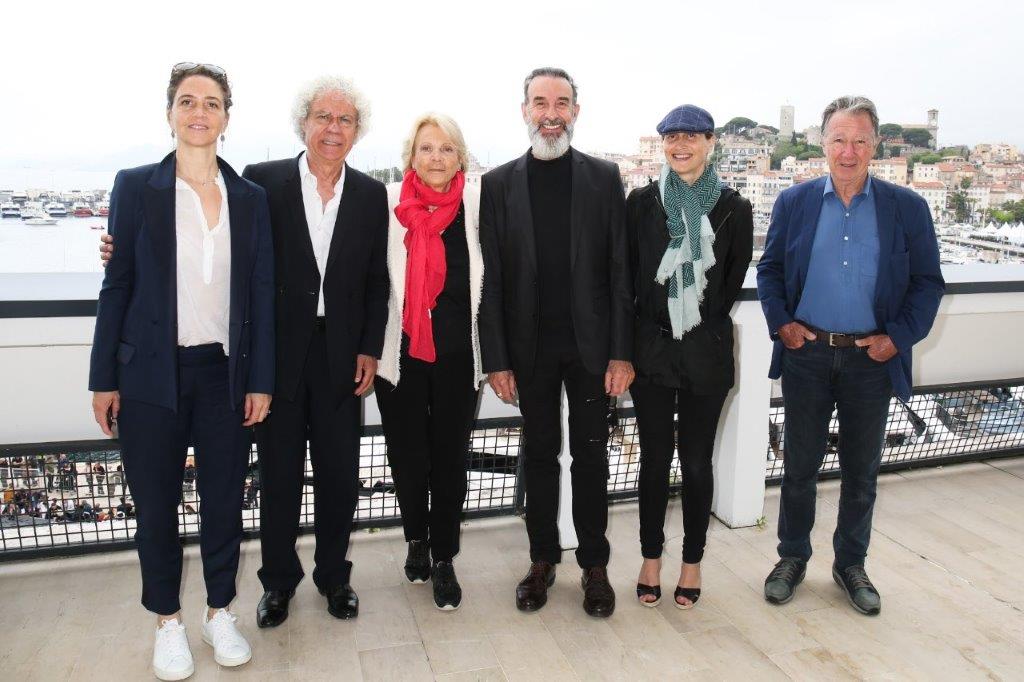
Composition of the Jury
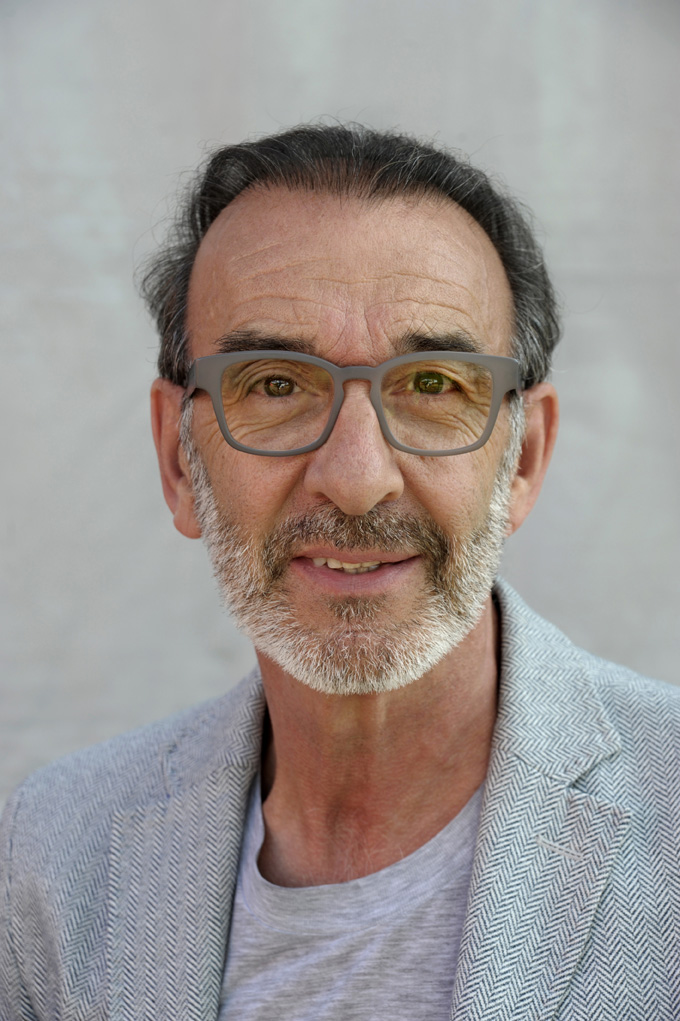
Robin RENUCCI
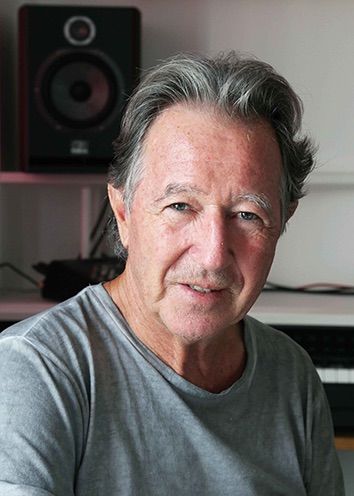
Jorge ARRIAGADA
Jorge ARRIAGADA is a Franco-Chilean composer based in France.
Specializing in film music, he is best known for his faithful collaboration with director Raoul Ruiz.
He studied composition and conducting at the National Conservatory of Music in Santiago, before moving to Paris to study with Max Deutsch, Pierre Schaeffer, Olivier Messiaen and Pierre Boulez.
Since 1977, he has worked especially for the cinema, composing music for over 160 films for some 30 directors including Olivier Assayas, Patricio Guzmán, Benoît Jacquot, Orson Welles and Barbet Schroeder, and 46 films by Raúl Ruiz.
His film scores are often symphonic, but also include chamber music.
A musician by training (clarinet, piano and opera singing), Elsa Boublil has taught clarinet, piano and early musical education alongside her studies.
After a preparatory class in modern literature, she joined the university for a double major in literature – British, American and Dutch languages and civilizations.
She continued her studies with a Master’s degree and a DEA in American civilization on jazz and social movements in the United States during the 1950s and 1960s.
After playing clarinet in singer Gaspard Lanuit’s band, notably on the 2003 album Ton fantôme.
She became a journalist and columnist in various media: on France Inter with Stéphane Bern, on France 5 with Serge Moati.
In 2010, she began hosting the Sunday jazz program Summertime.
From September 2015, she hosted the program Vous avez dit classique? on France Inter, devoted to classical music and jazz; then she was recruited by France Musique to host the interview program Musique Émoi where she welcomed Sylvain Tesson, Gérard Garouste, Hubert Reeves and Agnès Jaoui.
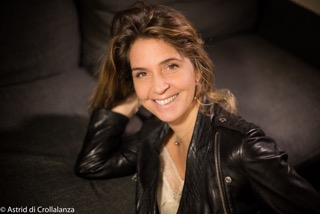
Elsa BOUBLIL
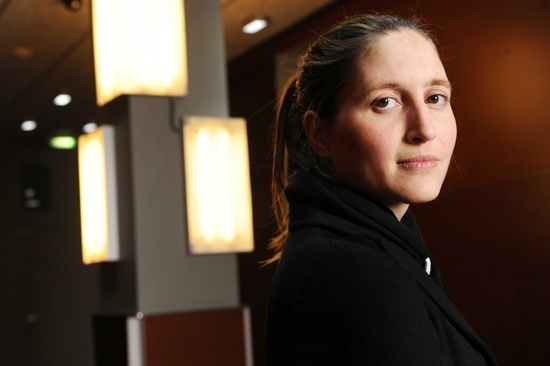
Cynthia FLEURY
Cynthia Fleury is a French philosopher and psychoanalyst.
She is Professor of Humanities and Health at the Conservatoire National des Arts et Métiers and Associate Professor at the École Nationale Supérieure des Mines de Paris (Mines-ParisTech). She also holds the Chair of Philosophy at Hôpital Sainte-Anne, GHU Paris Psychiatrie et Neurosciences and is a member of the Board of Directors of the NGO Santé Diabète.
From 2006 to 2009, she was a researcher at the CNRS Institut des sciences de la communication and, from 2009 to 2014, a researcher at the Conservation des espèces, restauration et suivi des populations (CERSP, now CESCO) laboratory at the Muséum national d’histoire naturelle (MNHN/CNRS).
She has also taught as a part-time lecturer at the Institut d’études politiques de Paris, the École polytechnique, HEC and the Pôle universitaire Léonard-de-Vinci in La Défense.
Cynthia Fleury is a founding member of the International Network of Women Philosophers, sponsored by Unesco, and of the Roosevelt Collective.
She has published a weekly column in L’Humanité since 2003.
She is a frequent guest on radio and television, presenting her books and speaking on themes such as resilience, psychoanalysis, politics, religion and imagination. She also appears regularly in a number of national dailies and weekly magazines (
L’Obs,
Le Monde,
La Croix,
Libération Psychologies magazine, Le Figaro, Le Point, Marianne).
A leading figure in French broadcasting, Janine Langlois Glandier has headed some of the industry’s most prestigious institutions: Société Française de Production (SFP), France 3, Institut National de l’Audiovisuel (INA) and Pathé.
A keen innovator, she has enthusiastically followed the convergence of television and new technologies.
Since 2004, she has been President of the Mobile Media Forum, which brings together some thirty companies (publishers, operators, manufacturers, content creators, authors’ societies, etc.) concerned by the evolution and development of audiovisual media broadcasting.
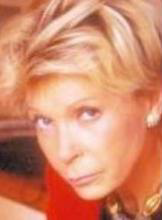
Janine LANGLOIS GLANDIER
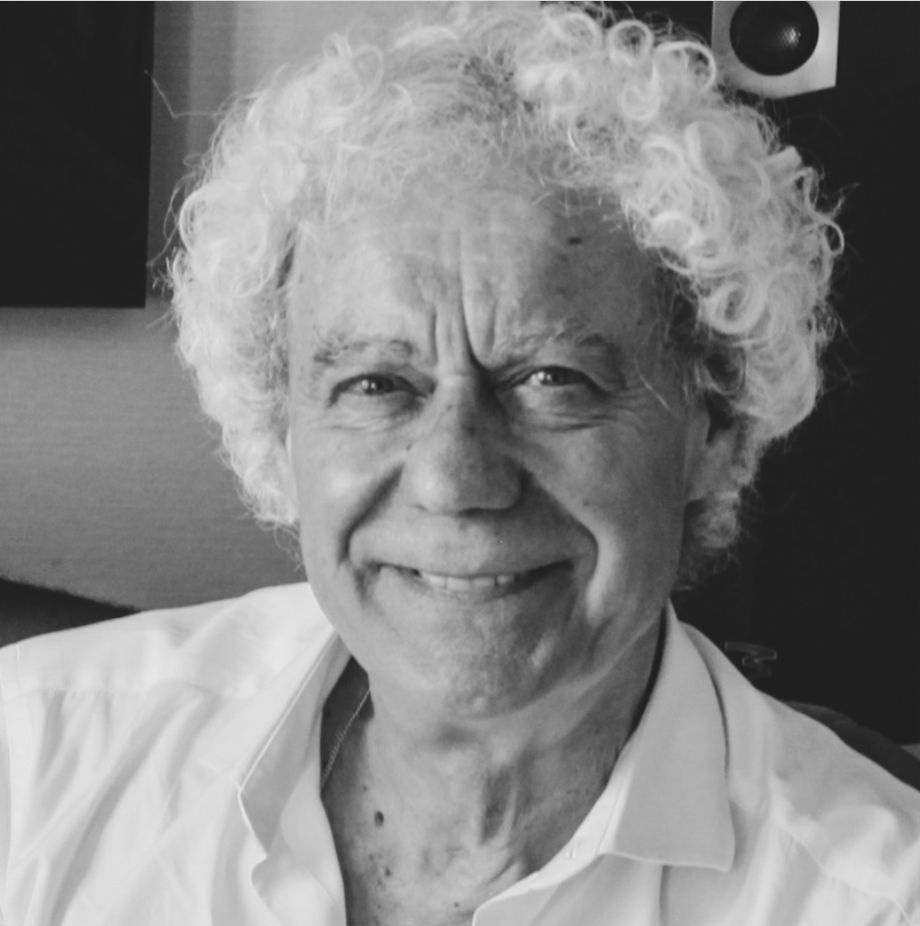
Christian HUGONNET
An engineering graduate of the Conservatoire National des Arts et Métiers (CNAM), Christian Hugonnet founded the association “La Semaine du Son” in 1998, to educate the general public and raise awareness of the importance of the quality of our sound environment.
A Court of Cassation-approved expert, he has also run a consulting firm in acoustics for auditoriums and recording studios since 1993, and teaches sound recording at various international film schools.
Partners of the 3rd edition
Awards 2019

Jury statement
“O QUE ARDE” by Olivier LAXE BEST SOUND CREATION PRIZE 2019 “Un Certain Regard
Under the aegis of its president, actor and director Robin RENUCCI, the jury for the 3rd edition of the Prix de la Meilleure Création Sonore, made up of composer Jorge ARRIAGADA, journalist Elsa BOUBLIL, philosopher Cynthia FLEURY, and Janine LANGLOIS-GLANDIER and Christian HUGONNET, founders of the prize, unanimously chose to reward Franco-Spanish director Olivier LAXE for his film “O Que Arde” (Come Fire).
” A manifesto for nature that speaks to the incendiary nature of a world that destroys life and the excluded.
The part reserved for sound creation is richly semantic.
It underpins this ancient and terribly modern drama, which is also about silence, deceleration and fidelity to regional languages in this era of standardizing globalization.
It’s an attempt to escape the destiny into which our societies drift and lock themselves.
This is a powerful work, a true perceptive and cinematographic experience. “


